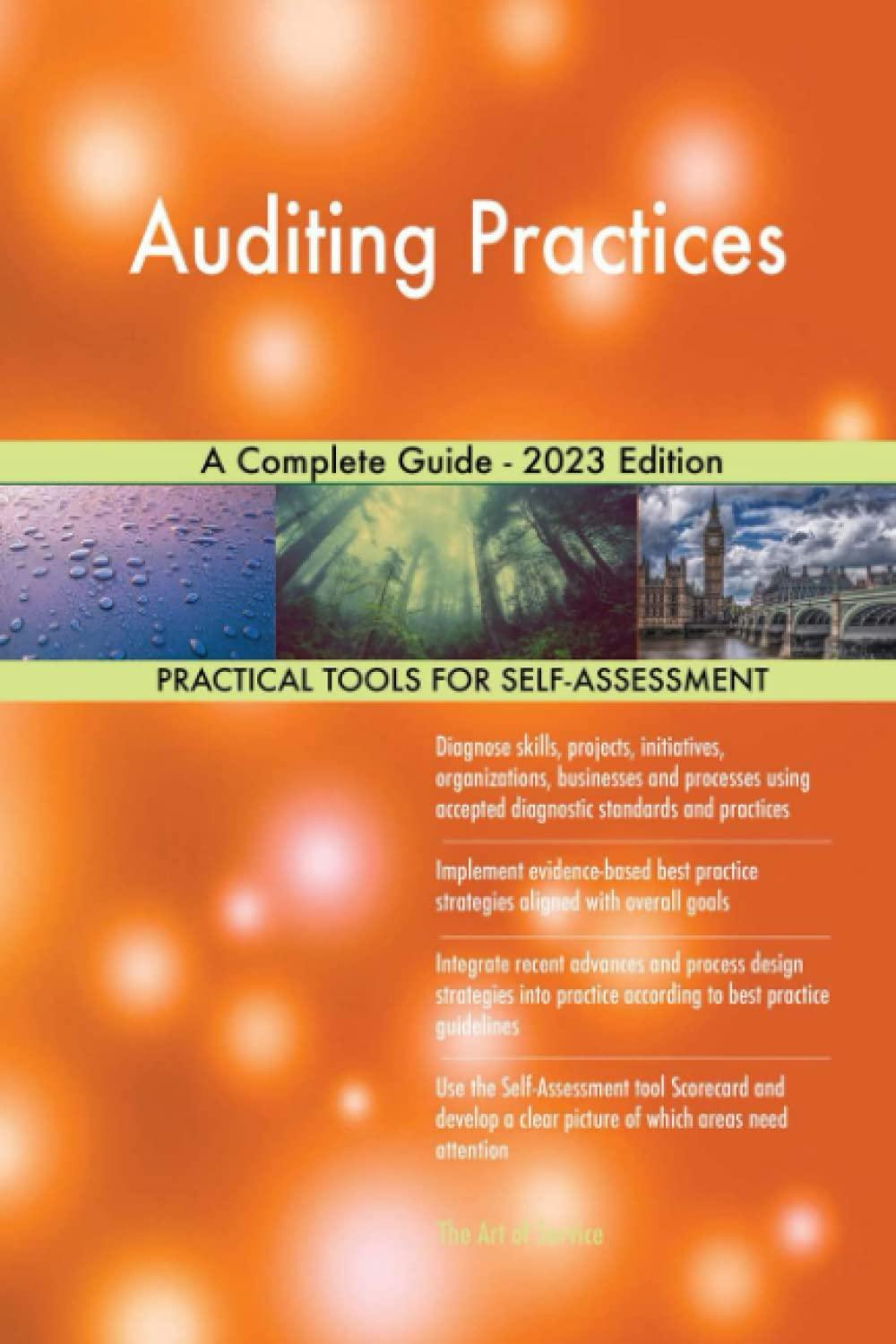Question
international Lamp Company (ILC), a U.S. taxpayer, manufactures crystal chandeliers at its wholly-owed subsidiary in Poland (Polampa) at a production cost of $185 per chandelier.
international Lamp Company (ILC), a U.S. taxpayer, manufactures crystal chandeliers at its wholly-owed subsidiary in Poland (Polampa) at a production cost of $185 per chandelier. Polampa chandeliers are sold to two customers in the United StatesLighting Supermart (an ILC wholly-owned subsidiary) and Home Store (an unaffiliated customer). Polampa and Lighting Supermart are related parties and transactions between them fall under Section 482 of the U.S. Internal Revenue Code.
The cost to transport the chandeliers to the United States is $15 per unit and is paid by Polampa. Other Polish manufacturers of crystal chandeliers sell to customers in the United States at a markup on total cost (production plus transportation cost) of 40 percent. Polampa sells chandeliers to Home Store at a landed price of $320 per unit (Polampa pays transportation costs). Home Store pays applicable U.S. import duties of 2 percent on its purchases of chandeliers. Lighting Supermart also pays import duties on its purchases from Polampa. Consistent with industry practice, Home Store places a 50 percent markup on the total cost of a chandelier and sells them at a retail price of $389.60 per unit. Lighting Supermart sells Polampa chandeliers at a retail price of $359.00 per unit.
Polampa is a Polish taxpayer, and Lighting Supermart is a U.S. taxpayer. Assume the following tax rates apply:
Polish corporate income tax rate
19%
Polish withholding tax rate on dividends
19%
U.S. corporate income tax rate
21%
U.S. ad valorem import duty
2%
Required:
Determine three possible prices for the sale of crystal chandeliers from Polampa to Lighting Supermart that comply with U.S. tax regulations under (a) the comparable uncontrolled price method, (b) the resale price method, and (c) the cost-plus method. Assume that none of the three methods is clearly the best method and that ILC would be able to justify any of the three prices for both U.S. and Polish tax purposes.
Assume that Polampas profits are not repatriated back to ILC in the United States as a dividend. Lighting Supermart distributes 100 percent of its income to ILC as a dividend. However, there is a 100 percent exclusion for dividends received from a domestic subsidiary, so ILC will not pay additional taxes on dividends received from Lighting Supermart. Only Lighting Supermart pays taxes on the income it earns. Determine which of the three possible transfer prices calculated in (1) maximizes ILCs consolidated after-tax net income. Show your calculation of consolidated net income for all three transfer prices.
Assume that Polampas profits are repatriated back to ILC in the United States as a dividend and that Lighting Supermarts profits are paid to ILC as a dividend. There is a 100 percent exemption from U.S. taxation for dividends received from a foreign subsidiary. Only Polampa pays taxes on the income it earns. Determine which of the three possible transfer prices maximizes net after-tax cash flow to ILC. Show your calculation of net after-tax cash flow for all three transfer prices.
Assume the same facts as in (3) except that a United States/Poland income tax treaty reduces withholding taxes on dividends to 5 percent. Determine which of the three possible transfer prices maximizes net cash flow to ILC. Show your calculation of net after-tax cash flow for all three transfer prices.
Step by Step Solution
There are 3 Steps involved in it
Step: 1

Get Instant Access to Expert-Tailored Solutions
See step-by-step solutions with expert insights and AI powered tools for academic success
Step: 2

Step: 3

Ace Your Homework with AI
Get the answers you need in no time with our AI-driven, step-by-step assistance
Get Started


